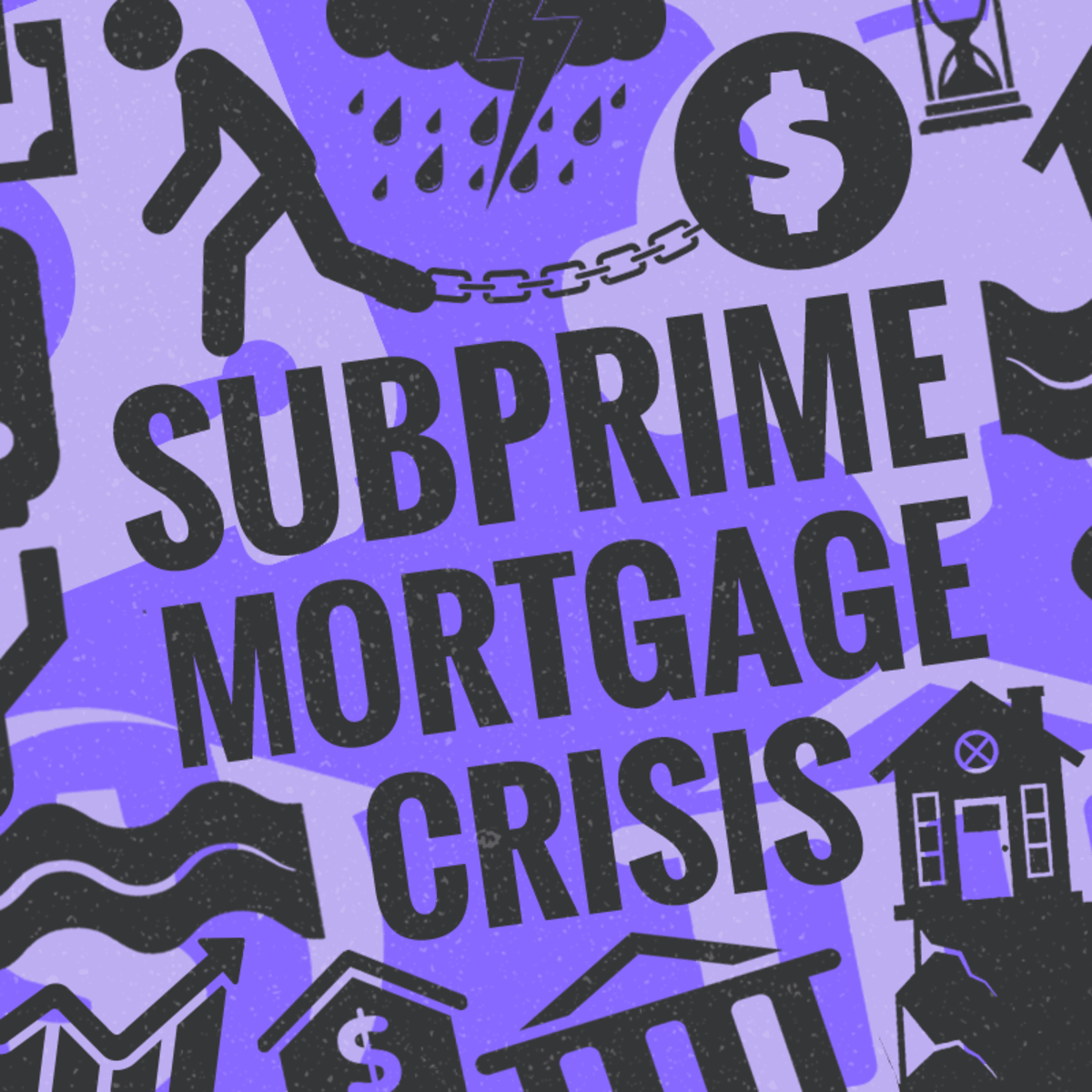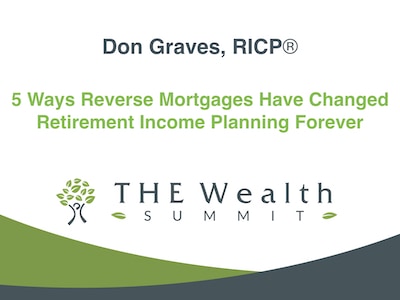Taking out a reverse mortgage is a huge decision, because you might not have the ability to get out of this loan without offering your home to pay off the financial obligation. You also need to carefully consider your options to prevent utilizing up all the equity you have actually developed up in your house.

Reverse home mortgages typically are not used for getaways or other "fun" things. The truth is that most borrowers use their loans for immediate or pressing financial requirements, such as settling their existing mortgage or other financial obligations. Or they might consider these loans to supplement their monthly income, so they can pay for to continue living in their own house longer. Adjustables have five payment choices: Set regular monthly payments so long as you or your eligible spouse remain in the home Set regular monthly payments for a fixed duration Undefined payments when you require them, up until you've exhausted your funds A credit line and set monthly payments for as long as you or your qualified spouse reside in the house A credit line and set monthly payments for a set period of your selecting To make an application for a reverse home loan, you must meet the following FHA requirements: You're 62 or older You and/or a qualified spouse who need to be called as such on the loan even if she or he is not a co-borrower live in the home as your primary house You have no delinquent federal financial obligations You own your home outright or have a considerable quantity of equity in it You participate in the necessary therapy session with a home equity conversion home loans (HECM) counselor authorized by the Department of Housing and Urban Advancement Your house satisfies all FHA residential or commercial property https://panhandle.newschannelnebraska.com/story/43143561/wesley-financial-group-responds-to-legitimacy-accusations requirements and flood requirements You continue paying all real estate tax, homeowners insurance coverage and other household maintenance costs as long as you live in the home Prior to issuing a reverse home mortgage, a loan provider will check your credit report, confirm your month-to-month income versus your regular monthly financial obligations and buy an appraisal on your house.
Nearly all reverse mortgages are issued as home equity conversion home loans (HECMs), which are guaranteed by the Federal Real Estate Administration. HECMs feature stringent borrowing standards and a loan limitation. If you think a reverse home loan might be best for you, find an HECM counselor or call 800-569-4287 toll-free to find out more about this funding option.
A reverse home loan enables house owners, especially those who are of retirement age, to obtain versus the equity in their houses. One benefit of a reverse home loan is that lending institutions do not normally have minimum earnings or credit report requirements, which can help property owners seeking to cover living costs. However a reverse mortgage comes with numerous drawbacks, such as upfront and continuous expenses, a variable rate of interest, an ever-rising loan balance and a decrease in house equity.
As its name recommends, a reverse mortgage is the opposite of a standard mortgage loan. With a reverse home loan, you do not borrow cash to buy a house; rather, you use the equity of your house to get a loan. A reverse home mortgage is implied for property owners who have settled their home mortgage or who have actually collected a lot of home equity.
One of the benefits of a reverse home loan is that lending institutions characteristically don't impose income or credit requirements. Proceeds from a reverse mortgage are normally tax-free, and not a penny of the loan requires to be repaid if the debtor remains in the house, pays home taxes and house owners insurance coverage, and covers upkeep expenses.
Indicators on What Are The Interest Rates For Mortgages You Need To Know
Those scenarios trigger the requirement for you, your partner or your estate to repay the loan. 3 type of reverse home mortgages are offered: Single-purpose reverse mortgage: These loans, available from government companies and not-for-profit groups, are developed for just one purpose described by the lender. For example, someone may utilize hyatt maui timeshare proceeds from a single-purpose reverse mortgage to tackle a house enhancement job or pay residential or commercial property taxes.
Exclusive reverse home mortgage: Exclusive reverse mortgages, offered from private loan providers, provide more flexibility than single-purpose reverse home loans. Unlike single-purpose reverse mortgages, proprietary reverse mortgages usually do not featured restrictions on how you can spend the earnings. This option can be particularly attractive to owners whose homes carry high values and who wish to borrow a significant amount of money - what is the harp program for mortgages.

An HECM, guaranteed by the Federal Housing Administration (FHA), is the most typical sort of reverse mortgage. As of 2020, the HECM loaning limitation was $765,600. Although profits from an HECM can be utilized for any purpose, some homeowners might not certify due to specific restrictions. These loans are available only to property owners who are at least 62 years old.
Those include:: Comparable to a conventional mortgage, a lending institution typically charges numerous fees when you get a reverse mortgage. Those can consist of a home mortgage insurance coverage premium, an origination charge, a maintenance fee and third-party charges. For an HCEM, the initial home mortgage insurance premium is 2% of the loan quantity; on top of that, you'll pay a yearly mortgage premium of 0.
You'll likewise pay an origination fee of $2,500 or 2% of the first $200,000 of your home value (whichever is higher), plus 1% of the amount exceeding $200,000; origination charges can not exceed $6,000.: A lot of reverse home mortgages have variable interest rates, indicating the rate of interest that figures out just how much is contributed to your loan balance each month varies throughout the life of the loan.: Interest paid on a reverse home mortgage can't be subtracted on your annual income tax return until the loan is paid off.: A reverse home loan can siphon equity from your house, resulting in a lower possession worth for you and your heirs.: If your house isn't in great shape, timeshare sales you might require to make repairs prior to you can get approved for a reverse mortgage.: Aside from when a homeowner dies or moves out, the reverse mortgage may require to be paid back quicker than expected if the owner fails to pay real estate tax or homeowners insurance coverage, or if the owner isn't keeping up with home upkeep.
In addition to its drawbacks, there are three examples of when a reverse home loan might be completely out of the question: You wish to move relatively soon. Timing is essential when it comes to taking out a reverse home mortgage. If you're aiming to move in the next few years, it might not be smart to saddle yourself with a reverse home loan.